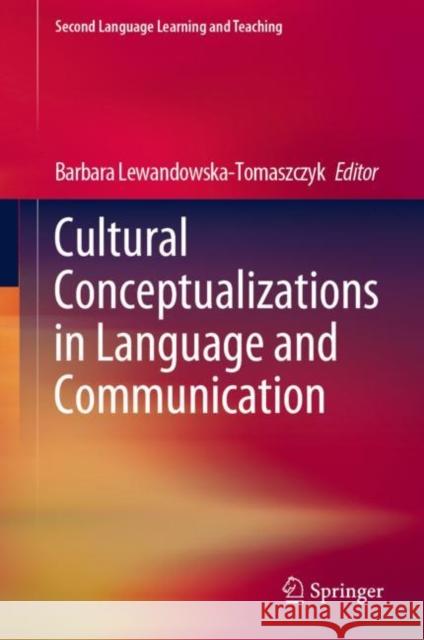Cultural Conceptualizations in Language and Communication » książka
topmenu
Cultural Conceptualizations in Language and Communication
ISBN-13: 9783030427337 / Angielski / Twarda / 2020 / 311 str.
Cultural Conceptualizations in Language and Communication
ISBN-13: 9783030427337 / Angielski / Twarda / 2020 / 311 str.
cena 442,79
(netto: 421,70 VAT: 5%)
Najniższa cena z 30 dni: 385,52
(netto: 421,70 VAT: 5%)
Najniższa cena z 30 dni: 385,52
Termin realizacji zamówienia:
ok. 16-18 dni roboczych.
ok. 16-18 dni roboczych.
Darmowa dostawa!
Kategorie:
Kategorie BISAC:
Wydawca:
Springer
Seria wydawnicza:
Język:
Angielski
ISBN-13:
9783030427337
Rok wydania:
2020
Wydanie:
2020
Numer serii:
000429811
Ilość stron:
311
Waga:
0.63 kg
Wymiary:
23.39 x 15.6 x 1.91
Oprawa:
Twarda
Wolumenów:
01
Dodatkowe informacje:
Wydanie ilustrowane











